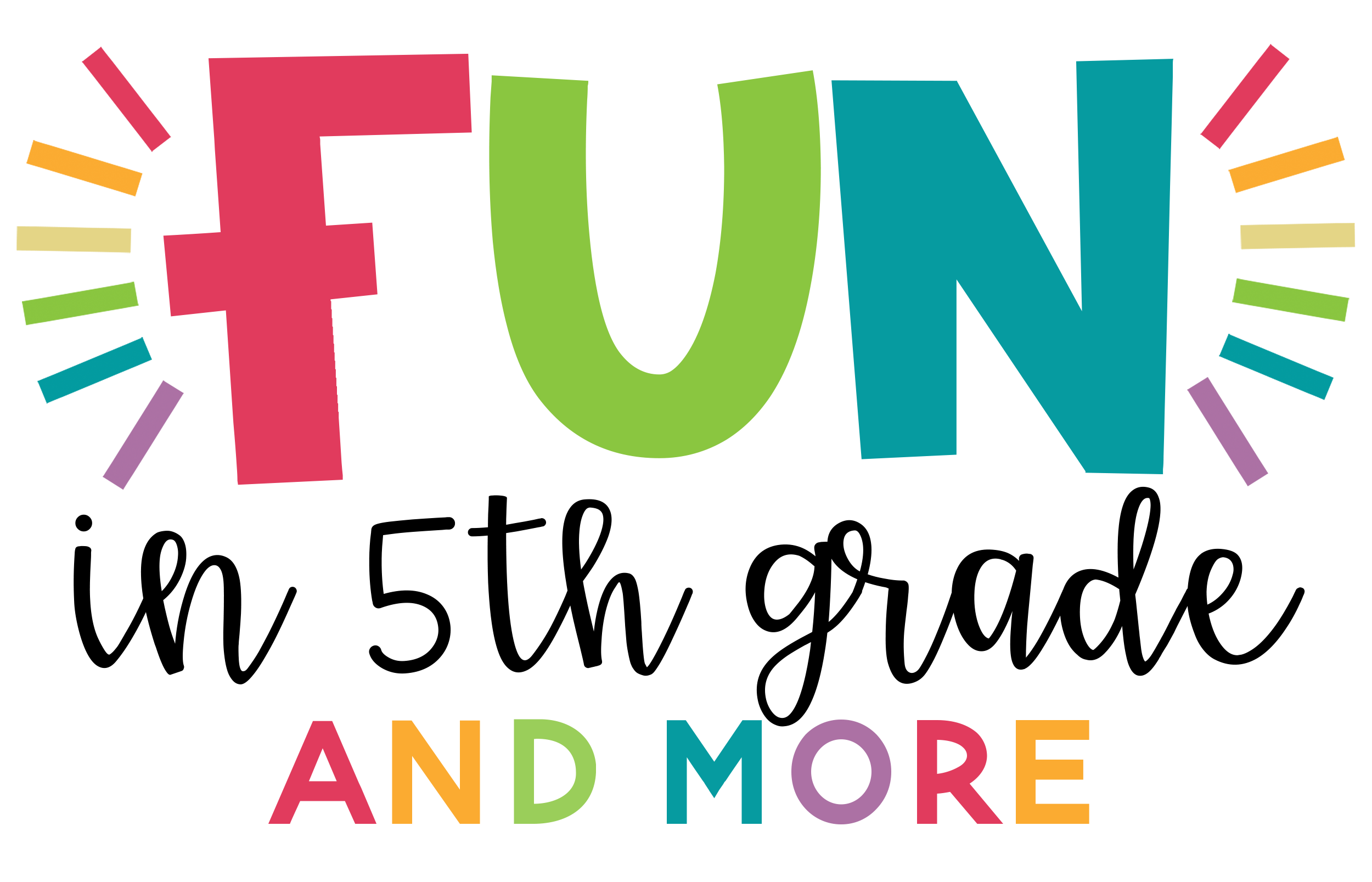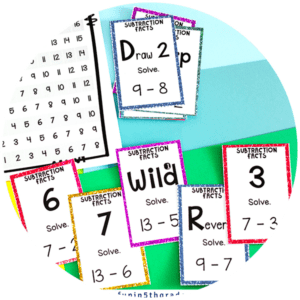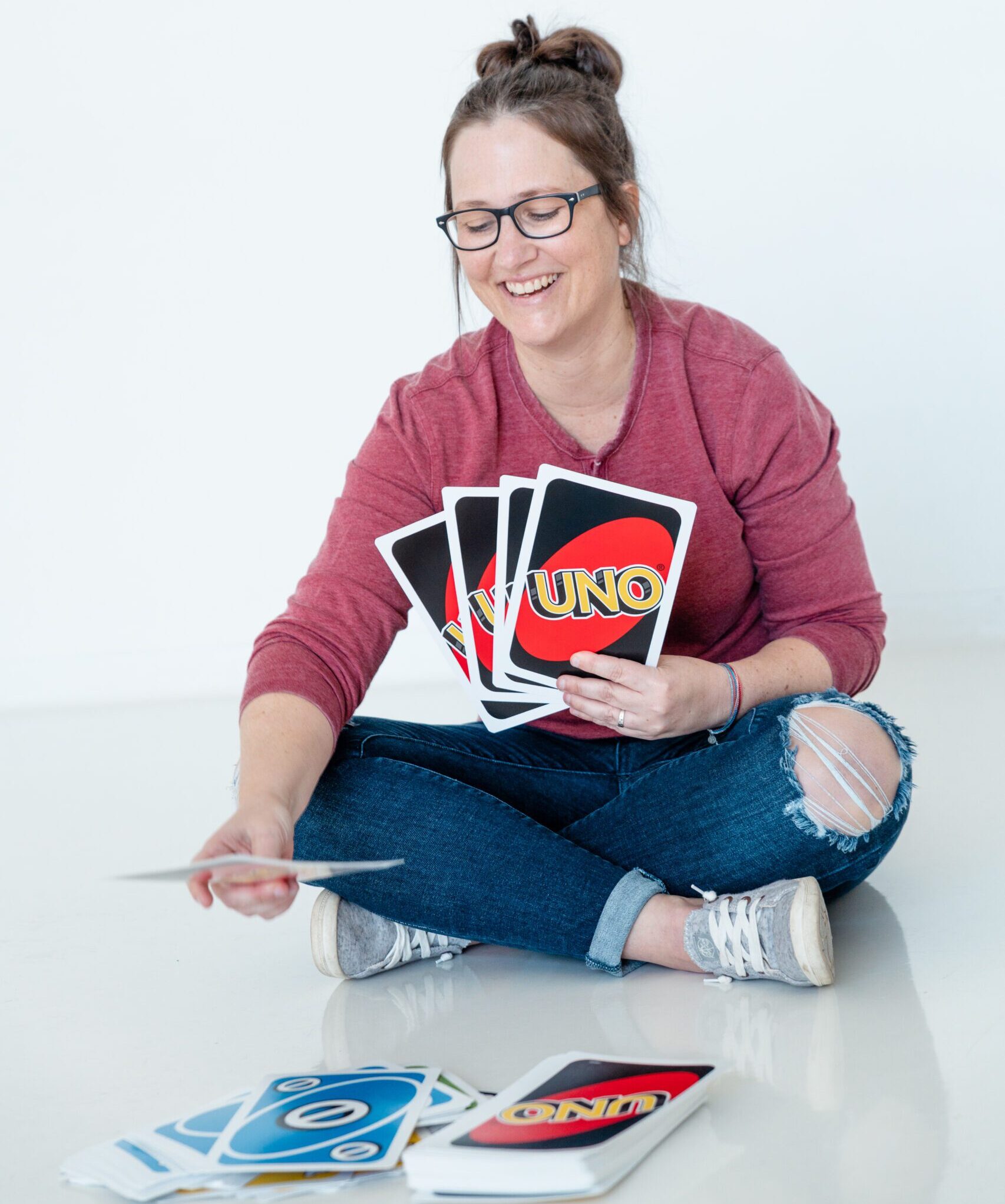Gamify your instruction by turning typical activities and lessons into games. Today, we’re introducing 5 games you can play with ANY set of questions from any subject area.
Do you ever have days where your students are just not picking up anything you’re putting down?
You know the kind of day I’m talking about.
It doesn’t seem to matter what subject you bring up, what book you read aloud, or how many cool stickers you hand out for good behavior; the class is just not getting ‘into’ the learning that day.
Those are the days that you need to throw a Hail Mary. You know that you need to change things up and introduce an activity or group of activities that students can do that will reengage them with the learning for that day.
It is on those days that you need to create a quick game.
I know that it seems like the words ‘create’ and ‘quick’ probably don’t belong in the same sentence, but if you have a few items in your classroom and a set of questions to ask, even YOU can make a quick game.
Today, we are giving you 5 games you can play with any set of questions, and you can create these games pretty quickly!!!

Before we begin, we want to provide one quick note.
We talk about each of the ideas on this list in regards to using them as large group activities; however, you can also use these games with smaller groups as well. It just may take a little more prep to do so.
#1 | Jeopardy
- Choose the categories and put questions on the backs of 25 index cards. Technically, you can choose any number of questions for each category; you’ll want them to be equal.
- On the back side of the card, assign each question a point value. Typically this is 100-500 for each category, but they don’t have to be. Use magnets or tape to hang them on your whiteboard with the point value facing out.
- Divide students into groups, and use this ‘game board’ you just constructed to play…just like Jeopardy…or you can make your own digital game by using my template.
- If you truly don’t have the time to make the game yourself, you can also grab a quick download from my shop. I’ve got almost 100 pre-made Jeorpardy-style games to choose from, covering various commonly taught topics for upper elementary students.

#2 | Candyland (or any board game in which you roll a die or spin a spinner and move game pieces)
- Write questions on index cards (or use task cards or any cards with questions) and put them face down. If you need to create a whole bunch of card ‘decks’ for a bunch of different games, type them out onto individual slides, and then print them 8 or 12 to a page. Use this blog post to help with printing!
- Students flip a card, and EVERYONE answers the question on a whiteboard or on their own.
- Once all students have answered, they check their answers (answer key recommended).
- If correct, they flip a colored card and move their game piece; if incorrect, they stay on their spot and then try again.
#3 |Trashketball
- Set up a trash can (preferably with a new bag or a clean basket) and locate a small ball you can use for the game. I liked to keep a couple of small balls in my classroom for this type of use, but if you don’t have any, check your school’s recess equipment or with the PE teacher.
- Ask the first question.
- Students work in groups to come up with an answer. If correct, they send a representative from their group (taking turns) to shoot the ball.
- The group will earn 2 points for the correct answer and a bonus point if they make the shot.
- Keep track of the scores, and play until you have gotten through all of your questions.
- I like to write my questions on slides and then project them during the game, but you can also ask questions aloud.
#4 | Donut Shop
- Grab a set of questions and display this FREE donut gameboard.
- Ask a question and have all students answer on whiteboards or paper.
- Then give them one minute to discuss with their group and come up with a final group answer.
- Once they show their final answer, if correct, they send a representative (taking turns) to the board to roll their die and move their game piece.
Click this link to learn other ways you can use this donut-themed gameboard!
#5 | Find Your Matches
Of the different activities on this list of 5 games you can play with any set of questions, this one is definitely the most active.
- This activity works best when the number of questions is the same as the number of students.
- Write all of the questions out onto cards or put them on slides and print them out.
- Write the answers on a separate card.
- Shuffle the questions, and hand one out to each student.
- Shuffle the answers, and hand one out to each student.
- When it’s time to begin, students will have to move around the room to try to find their matches. They will need to find the person who has the answer to their question and the question that goes with the answer they have.
- Once all of the students have found their two matches, go through each question as a group to determine if they are right.
- Note: In some cases, two answers may be the same; the person looking for that answer needs to find one person with the right answer.

Having these 5 games, you can play with any set of questions in the back of your mind as an option allows you to quickly turn a boring activity into something much more fun for your students.
You can also use the games to design classroom experiences that differ from some of the other plans you have for the day. For example, if your students are testing, and your plan for the day includes a lot of sitting, then you may want to plan to play a game like Find Your Matches.
If your students are doing a lot of individual work, and they would benefit from some good old-fashioned competition, plan a game of Trashketball.
Remember, you can play games with any set of questions, so you can also use them to review for tests, or you can repurpose questions from other activities and resources you may already have in the classroom!






